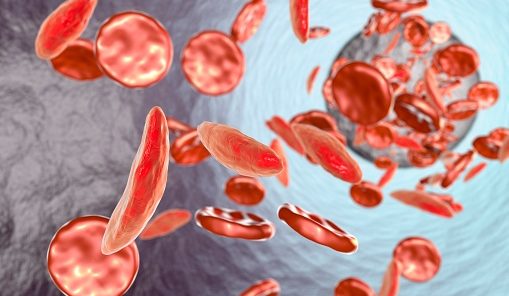A study published in The Breast found that obesity does not negatively impact metastatic breast cancer survival but being underweight is an independent adverse factor of survival.
Researchers used data from the French National Epidemiological Strategy and Medical Economics–Metastatic Breast Cancer observational cohort study that retrospectively, prospectively maintains data on all consecutive patients newly diagnosed with metastatic breast cancer (n=22,463) between January 2008 and December 2016 who initiated treatment at one of 18 French comprehensive cancer centers.
Among this cohort, 12,999 women had body mass index (BMI) data available at cancer diagnosis. Patients were categorized by BMI per World Health Organization definitions: underweight (<18.5 kg/m2), normal weight (18.5-24.9 kg/m2), overweight (25.0-29.9 kg/m2), and obese (≥30.0 kg/m2). Median BMI was 24.9 kg/m2 (range 12.1-66.5 kg/m2); 20% (n=2,634) of women were obese and 5% (n=637) were underweight.
Obesity was associated with de novo metastatic breast cancer, while underweight patients had more aggressive cancer features. After a median follow-up of 48.6 months (range, 0-126.1 months), median overall survival (OS) was 47.4 months (95% confidence interval [CI], 46.2-48.5) in the complete cohort.
Being underweight was independently associated with worse OS: Median OS was 33 months (95% CI, 29-40) in the underweight group, 47 months (95% CI, 45-49) in the normal weight group, 49 months (95% CI, 47-51) in the overweight group, and 48 months in the obese group (95% CI, 45-51).
Median first-line progression-free survival (PFS) was 12.2 months in the complete cohort. Being underweight was associated with significantly lower first-line PFS (9.2 months). Overweight and obesity had no effect and OS and PFS, except for triple-negative breast cancer, for which obesity was slightly protective.
“Because of limitations such as reverse causality and treatment selection bias, it is not possible to conclude that the association showed between underweight and outcome is causal,” the researchers noted. “Underweight conditions should however be the focus of clinical attention at the time of metastatic breast cancer diagnosis. Targeted interventions could be prompted in this subgroup, including nutritional management and/or exercise intervention.”
Link: https://www.thebreastonline.com/article/S0960-9776(20)30220-4/fulltext









